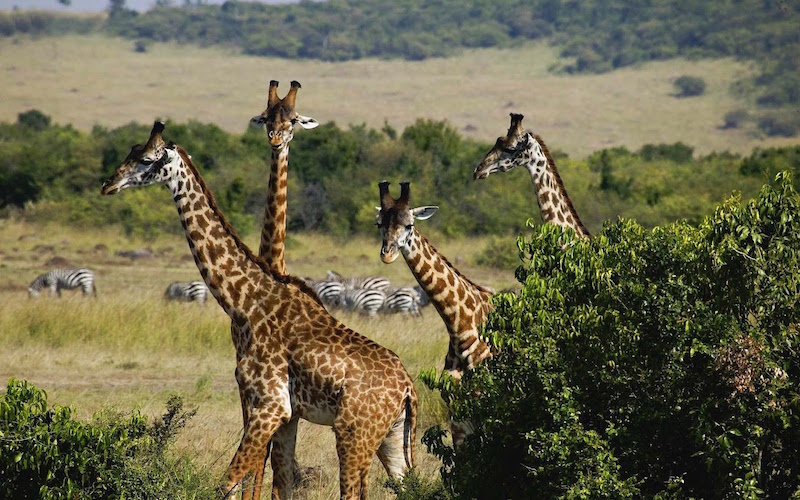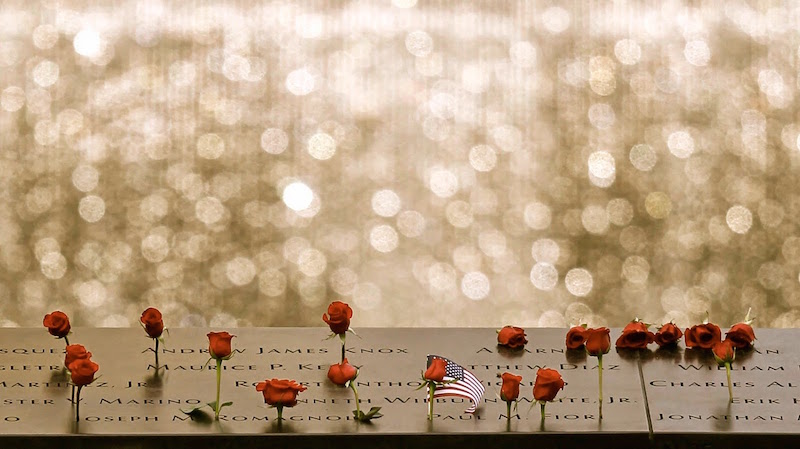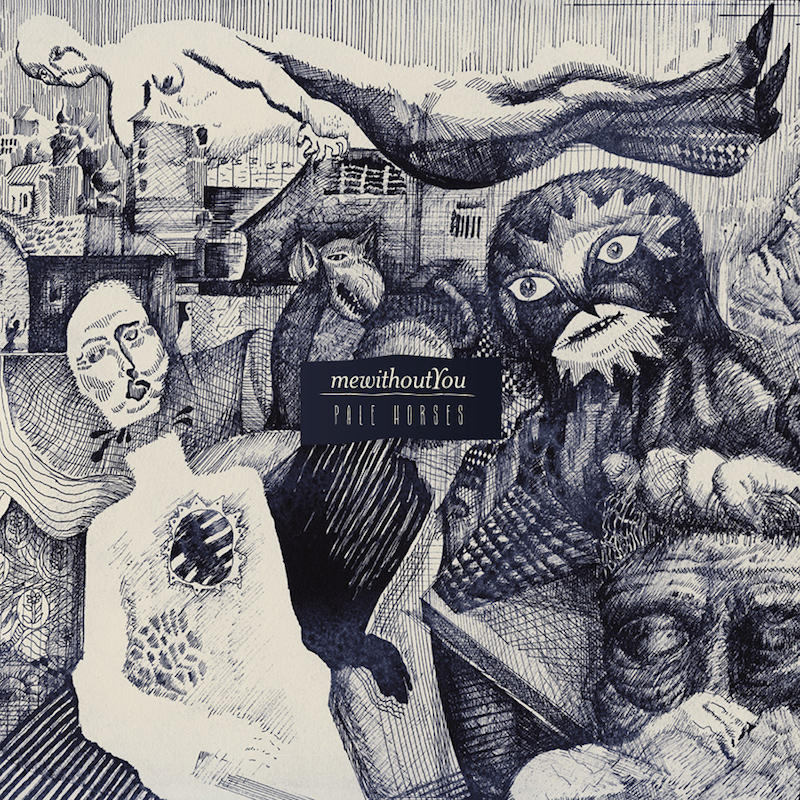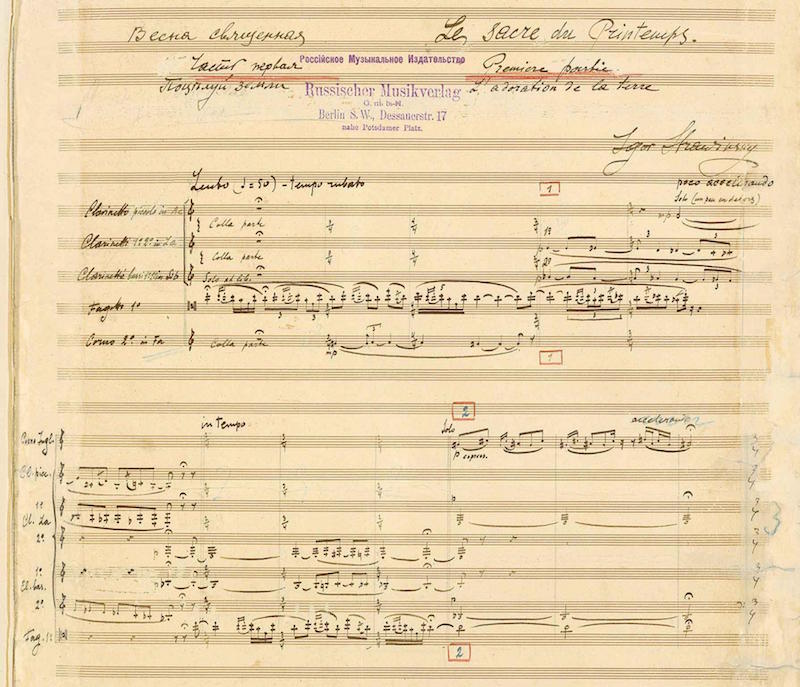The Softer Emotions
Rebecca Spears
 In early summer, my friends and I organized a writing workshop led by poet Kevin Prufer. Since then, I’ve been thinking all summer about one topic that Prufer discussed, namely, sentimentality in poetry. I was intrigued when he took up the subject. I’d never heard anyone speak at length about it, and I am one who always feels like I’m fighting sentimentality in my writing. Call me a sentimental fool. I wanted to hear more; so did everyone else in the workshop, it seemed.
Prufer remarked that if a poem is labeled “sentimental” by a critic or a reader, then the person “damns it completely.” Yet he urged us not to avoid emotion in our writing, but instead to infuse our work with complexity: shifting dualities, ambivalence, nuanced thinking, competing visions. The problem with truly sentimental writing is that it diminishes language and feelings to their simplest level. In “Uneasy Meditation,” he writes, “It has less to do with too much emotion than it does with reduction, with the sentimentalist’s failure to think about a large subject, one we feel too emotional about, with complexity.”
In early summer, my friends and I organized a writing workshop led by poet Kevin Prufer. Since then, I’ve been thinking all summer about one topic that Prufer discussed, namely, sentimentality in poetry. I was intrigued when he took up the subject. I’d never heard anyone speak at length about it, and I am one who always feels like I’m fighting sentimentality in my writing. Call me a sentimental fool. I wanted to hear more; so did everyone else in the workshop, it seemed.
Prufer remarked that if a poem is labeled “sentimental” by a critic or a reader, then the person “damns it completely.” Yet he urged us not to avoid emotion in our writing, but instead to infuse our work with complexity: shifting dualities, ambivalence, nuanced thinking, competing visions. The problem with truly sentimental writing is that it diminishes language and feelings to their simplest level. In “Uneasy Meditation,” he writes, “It has less to do with too much emotion than it does with reduction, with the sentimentalist’s failure to think about a large subject, one we feel too emotional about, with complexity.”
As I said, I’ve been thinking about this topic all summer—and not just in my writing. In my faith journey, I often find myself awash in complexity. While I freely experience spiritual wonder, I can’t pin down my beliefs in just a sentence or two because “it’s complicated.” I have questions, I have doubts. I know that I believe in God, but I cannot define God exactly for you. I know that I believe in Jesus’ tenets, but the Trinity is a mystery to me. I am drawn to the sacred stories of the Bible, but does what is spiritually true need to be literally true?
I attend church regularly. Nearly every week, I am overwhelmed by the beauty of the music, the proclamation, the confession, and even just the sanctuary space. And here’s where things get pretty complex because I cannot name all the emotions that I might feel in one service—joy, sorrow, confusion, hope, love. I might experience unburdened joy listening to a piece by Bach, Vivaldi, or Holst. Confusion may settle in me for a few minutes as I listen to the confession and then enter into silent meditation, perhaps wondering why I don’t find enough time in my daily life for this stillness. Sorrow and love, even guilt, charged me during the last week’s service, as one elderly member expressed his thanks to the congregation for its help, when he and his wife recently lost their home in a Memorial Day flood. (I say “guilt” because I’d experienced only inconvenience during the flood.) At the benediction, I almost always feel hope, when our minister blesses us.
I’ve taken to heart Kevin Prufer’s advice to include “truths that clash and compete” in our writing and not to avoid the emotional content. Engaging poems are “poems born of complex situations in which no thinking person could help but feel strongly in multiple, conflicting ways,” he writes in “Uneasy Meditations.” I believe him. So I have been working on new poems and revising poems to that end. My musing about my own faith journey has shown me, too, that I live with conflicting emotion and nuanced thinking—something to pursue when I am writing, for truth-telling.



















